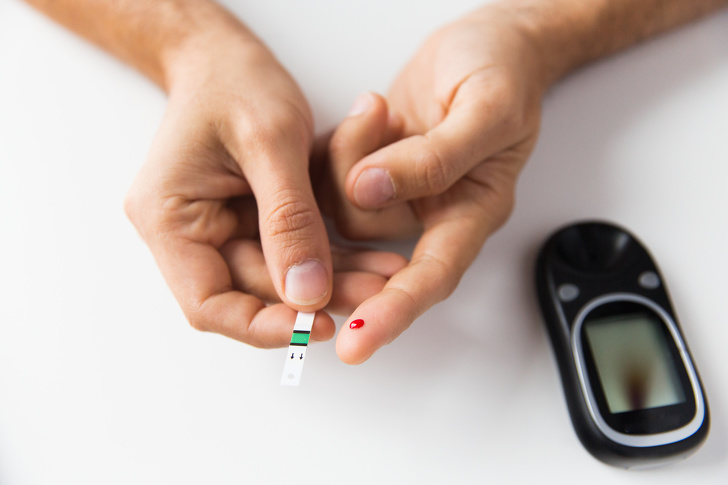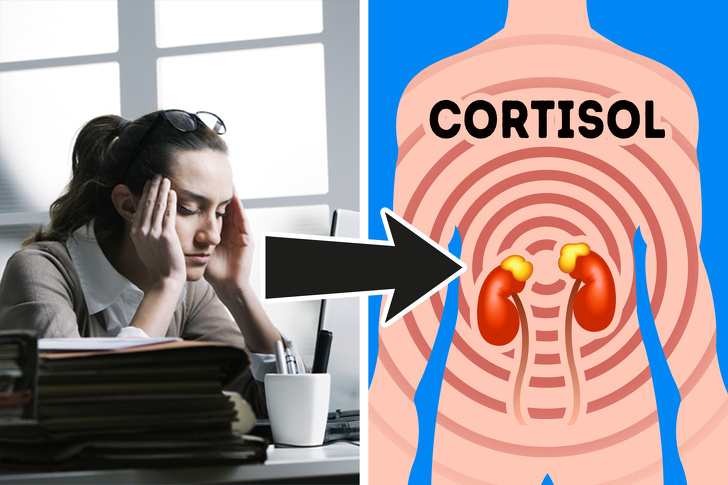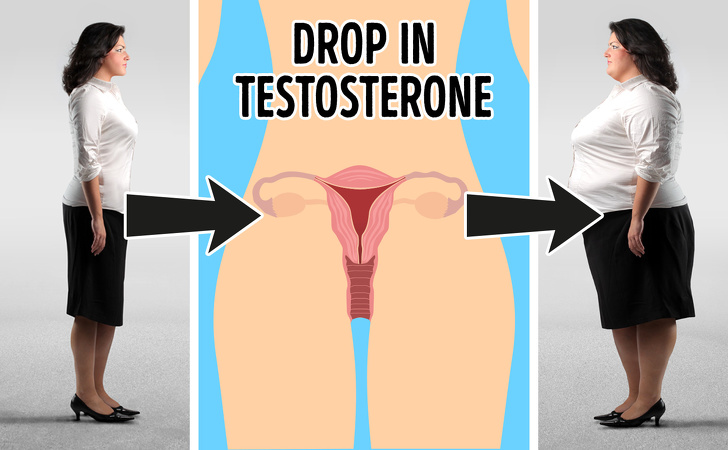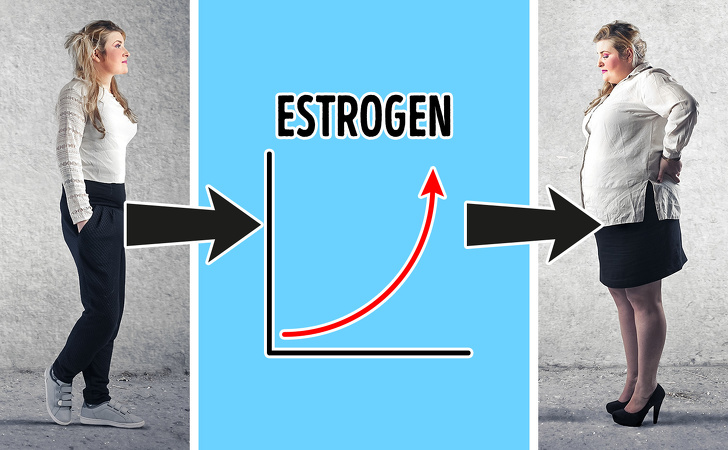Weight gain is often associated with overeating and can be caused by several hormones going berserk. While gaining weight is easy, losing it is not. Several triggers, such as stress, age, genes, and inappropriate lifestyle choices, can cause a hormonal imbalance that leads to obesity.
Crfat Sides has identified 9 hormones that cause an imbalance in the body that results in weight gain. In addition, we will show you how you can keep these hormones under control. Be sure to keep reading!
Which Hormones Causes Weight Gain?
1. Thyroid hormones

The thyroid gland is at the base of our necks. It produces hormones T3, T4, and calcitonin, responsible for maintaining the body’s metabolism. Insufficient production of these hormones leads to hypothyroidism.
Hypothyroidism is often associated with weight gain primarily due to the accumulation of water in the body instead of fat, which makes a person look fat.
How to avoid it:
- Eat iodized salt.
- Eat well-cooked foods and avoid raw vegetables.
- Take vitamin D supplements.
- Eat foods rich in zinc such as oysters and pumpkin seeds.
2. Insulin

Insulin is a hormone secreted by the pancreas. It helps transport glucose to cells for use as energy or stores it as fat, thereby maintaining blood glucose levels.
Excessive consumption of processed foods, unhealthy snacks, alcohol, or artificially sweetened beverages can cause the body to develop insulin resistance.
This causes muscle cells to not recognize glucose-bound insulin, which results in glucose remaining in the bloodstream. This causes an increase in blood sugar levels, which leads to weight gain and type 2 diabetes.
How to avoid it:
- Eat green leafy vegetables, seasonal fruits, and seasonal vegetables.
- To improve your levels of omega-3 fatty acids, consume fatty fish, nuts, olive oil, and flaxseed.
- Drink at least 4 liters of water every day.
- Start exercising at least 4 hours a week.
- Avoid alcohol, snacks, carbonated, and artificially sweetened beverages.
3. Cortisol

Cortisol is a hormone secreted by the adrenal glands when you are depressed, anxious, stressed, nervous, irritated or physically injured.
Its main function is to reduce stress levels by increasing blood sugar levels, suppressing the immune system, and helping the metabolism of fats, proteins, and carbohydrates.
But given our often bad lifestyle choices, our body may be in a constant state of stress, causing cortisol secretion to be detrimental to our overall health, helping the deposition of visceral fat and stimulating the maturation of fat cells.
How to avoid it:
- Sleep at least 8 hours every night.
- Avoid processed foods, fried foods, and alcohol.
- Practice deep breathing, yoga, and meditation for at least one hour every day. It helps reduce stress levels.
- Spend time with your family and close friends. There is no better way to relax!
4. Testosterone

Testosterone is often considered a male hormone, but it is also secreted by women. It helps to burn fat, strengthens bones and muscles and improves libido.
Age and high stress can cause a significant decrease in testosterone levels in women, leading to loss of bone density, loss of muscle mass, and obesity.
How to avoid it:
- Workout regularly. It helps improve testosterone levels.
- Avoid alcohol
- Eat protein supplements.
- Include high-fiber foods such as whole grains, pumpkin seeds, and flaxseed in your diet.
5. Progesterone

The level of progesterone and estrogen must be balanced in the body to function properly. Progesterone levels may decrease due to a variety of reasons such as stress, birth control pills, menopause, etc. This can cause weight gain and depression.
How to avoid it:
- Exercise regularly.
- Try meditation.
- Avoid stress.
6. Estrogen

Estrogen is the primary female sex hormone. Any imbalance in estrogen levels in the body can lead to weight gain. High levels of estrogen in the body can be caused by the overproduction of hormones or an estrogen-rich diet.
When estrogen levels increase, insulin-producing cells become stressed. This makes it resistant to insulin, which causes an increase in blood glucose level and leads to weight gain.
How to avoid it:
- Eat whole grains, vegetables, and fresh fruits.
- Avoid alcohol
- Exercise regularly.
- Avoid processed meat.
7. Leptin

Leptin is a hormone that regulates the body’s energy balance, inhibiting hunger. But when we eat foods high in sugar, excess fructose becomes fat that is deposited in the liver, abdomen, and other regions of the body. These fat cells secrete leptin.
As more and more leptin is secreted, the body gets desensitized to it. This causes the brain to stop receiving signals to avoid eating.
How to avoid it:
- Avoid foods high in sugar. Do not consume more than 3 servings of fruits per day.
- Eat dark green leafy vegetables.
- Avoid processed foods.
- Sleep enough. 7-8 hours of daily sleep are recommended.
- Keep hydrated!
8. Ghrelin

Secreted primarily by the stomach, ghrelin is known as the hunger hormone. Ghrelin stimulates appetite and increases fat deposition. Ghrelin levels are also high when people follow a strict or fasting diet.
How to avoid it:
- I train regularly.
- Eat every 2-3 hours.
- Drink 1½ cups of water 20 minutes before a meal.
- Eat fresh fruits, vegetables, and protein foods.
While some hormone names may seem complicated, we are sure that you have already discovered which hormone is probably making you gain weight. Let us know in the comments below.
Preview photo credit Depositphotos.com, Depositphotos.com









Leave a Reply